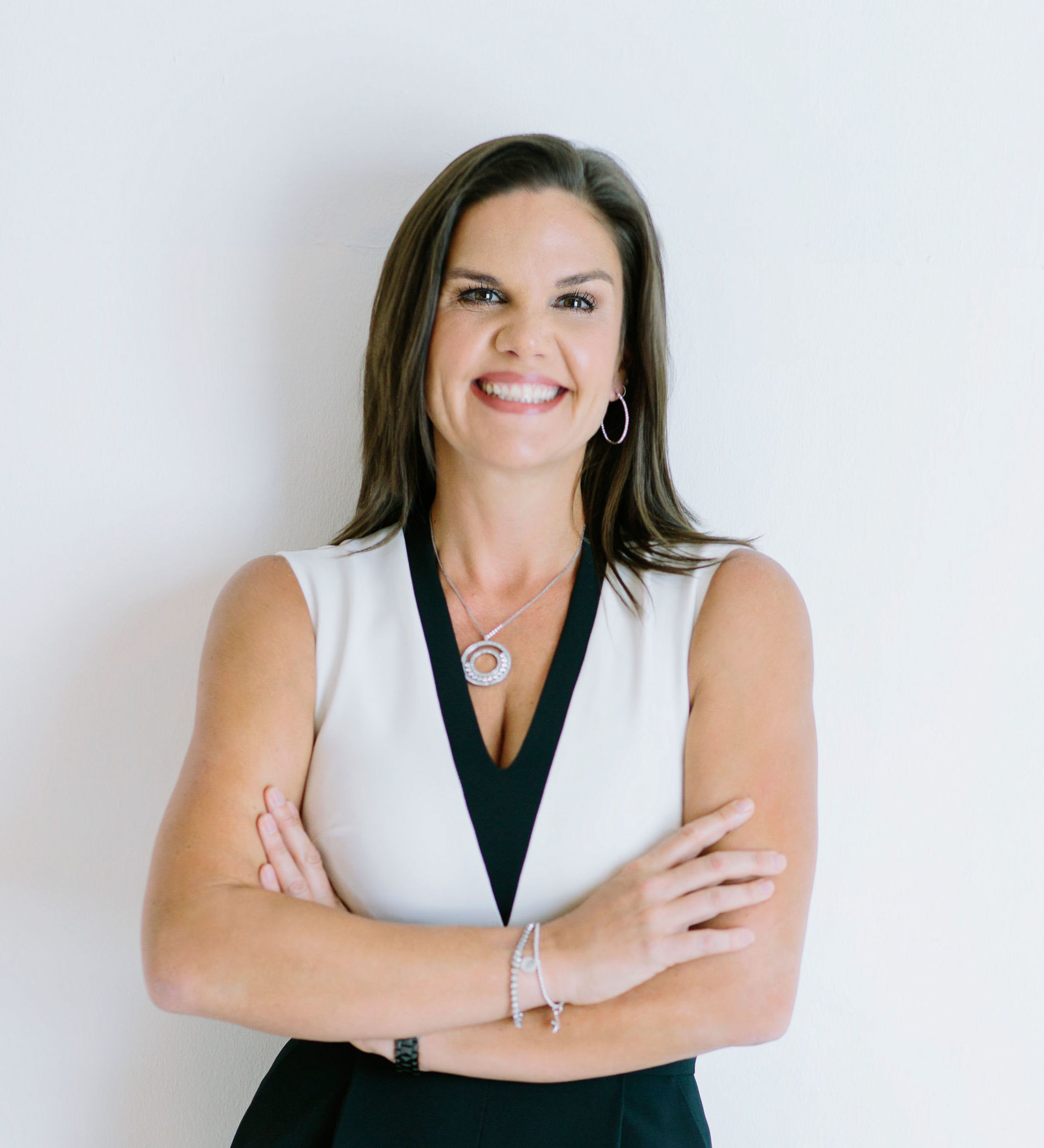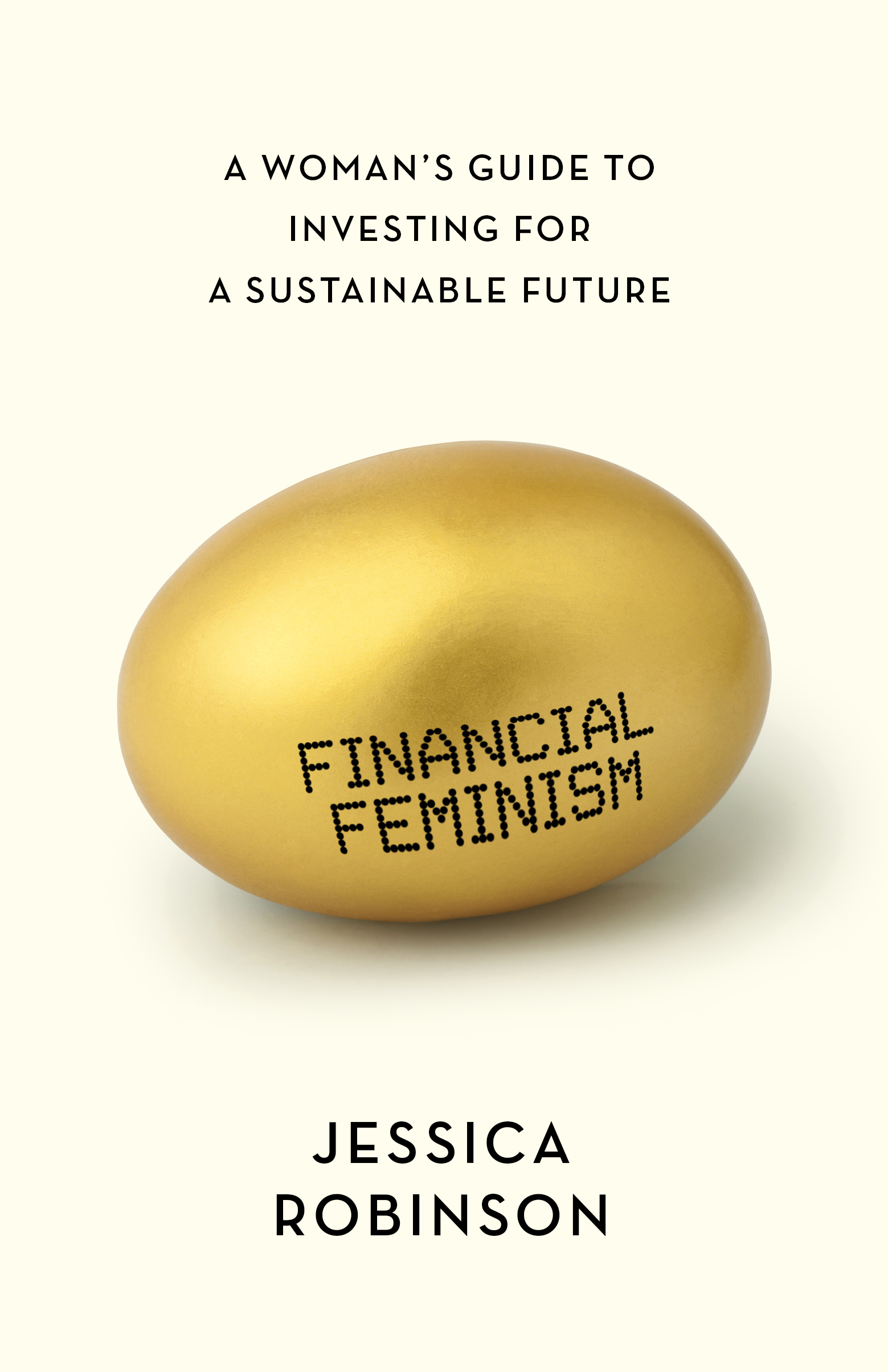First things first … The COVID pandemic has taught us how interconnected we are. But at the same time, it has reminded us of the glaring inequalities that we face. As we look beyond the pandemic, it is clear that there are global challenges, such as climate change, that we must solve together. To build a better and brighter future, we need to utilize all levers of change. This is where money comes in. Money—or rather, how we invest our money—is a hugely powerful tool at our disposal. Through sustainable investing, we can use our money and our investment decisions to bring about positive change in the world.
But sustainable investing isn’t just the right thing to do, it’s also the smart thing.
The lowdown—what is sustainable investing?
As we know, investing is allocating money to something in the expectation of some benefit in the future. Historically financial returns have been the end game. You invest money in the hope that you will reap higher financial returns in the future.
However, our thinking on investing has started to dramatically shift. Over the last decade or so, more and more people have begun to look beyond financial returns. Today we see an increasing number of investors wanting to achieve positive change in an area they are passionate about, and invariably this has a social and/or environmental dimension.

Let’s get specific
In its purest form, sustainable investing is an investment discipline that considers environmental, social and corporate governance (ESG) criteria to generate long-term competitive financial returns and positive societal impact.
To be clear, sustainable investing is not philanthropy or charity. Sustainable investors are still looking for financial returns, but they seek other impacts at the same time. For the environment, an investor may look at what impact a company has on the resources that sustain it. They may look at the company’s contribution to climate change—say, GHG emissions. Or, the investor may seek out companies looking to solve the climate challenge, such as clean energy or climate tech companies.
On the social aspect, investors are increasingly thinking about how companies translate their role in society—for example, how a company treats its suppliers or the local communities it operates in. A sustainable investor would be concerned about labor standards and illegal child labor. A sustainable investor would also care about issues like diversity and gender equality within the companies that they invest in.
Why does this matter now?
The harsh reality is that the world faces some pretty big and challenging issues. Our air is polluted, so is our water, our natural resources are rapidly depleting, biodiversity is under threat. At the same time, about one in five people in the developing world live below the extreme poverty line. And yet our throwaway consumer culture means that every year if we put all that waste on trucks, they could go around the world 24 times. We need to do something about it, and we need to take action soon.
The good news is, when we think about our future direction of travel, investing to address the societal and environmental challenges we face is also a smart investment choice. Take, for example, the Sustainable Development Goals, a collection of 17 interlinked global goals designed to be a “blueprint to achieve a better and more sustainable future for all.”
The SDGs represent the closest thing we have to a global strategy; it’s our action plan for the future. It seems unlikely that companies not aligned with the SDGs will be the successful companies of the future. Rather, seeking out companies and sectors that support the achievement of the SDGs makes good sense.

So how do you get started?
Sustainable investing is growing—which means that it is becoming easier for us. First of all, prioritize what you care about. Ask yourself, “What kind of issues are important to me?” Then translate your priorities into sustainable investment beliefs. These are the guiding principles that spell out who you are and what you want to achieve with your investments.
Next, do some goal setting. What do you want your investments to accomplish? The more specific you are, the easier it will be to identify how and where you want to invest. There is a wealth of information and analysis out there, so use it to your advantage. Being a sustainable investor is about making well-informed, well-considered decisions.
Looking forward—what will happen next?
With demand for sustainable and green products on the rise, certain themes within the sustainable investing universe will gain more attention. For example, climate change will remain a top priority for many investors. With COP26 scheduled for the end of this year, the summit is expected to see new and improved climate commitments, with companies and investors following suit.
There are still challenges to overcome to embed sustainable investing as the “new norm.” But most big investors now believe sustainable investing is good risk management, leveraging the practice to help manage risk in uncertain times. The last year or so has demonstrated that companies doing a good job on managing sustainability risks tend to also manage other risks better. These companies are more resilient and likely to be more future-fit. The writing is on the wall—sustainable investing isn’t just about doing good, it’s also the smart thing to do.
For more information, read Robinson’s book Financial Feminism: A Woman’s Guide to Investing for a Sustainable Future, published by Unbound. Or, find out more at www.moxiefuture.com.
Keep up with all of Green Living‘s original content online and on social media.






